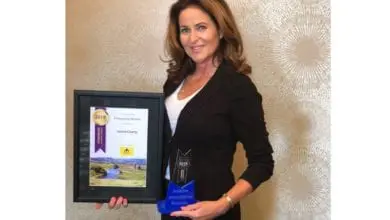Helping families with inheritance tax

Too many people have to fill in inheritance tax forms (IHT) and the process is complex, old fashioned and lengthy according to the Office of Tax Simplification (OTS) in the first part of a review published on 23 November 2018 at the request of the Chancellor of the Exchequer.







